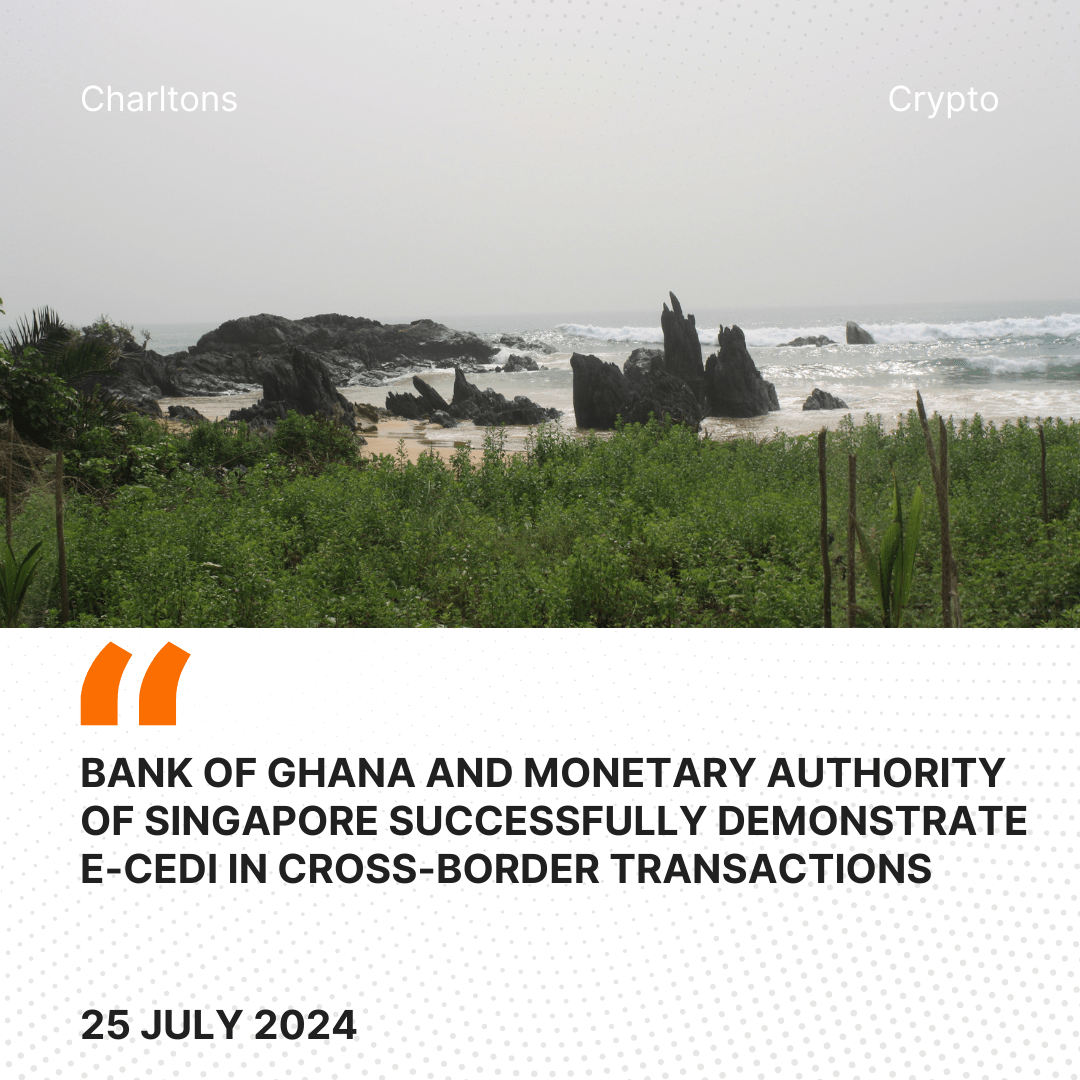
Argentinian regulators have initiated discussions with their counterparts in El Salvador regarding Bitcoin (BTC) adoption, the National Securities Commission of Argentina (CNV) confirmed this weekend. This move could signify a significant shift in Argentina’s approach to digital assets.
The Argentinian CNV, in an official notice and supported by a report from Criptonoticias, revealed that top officials, including CNV President Roberto Silva and Vice President Patricia Boedo, met with Juan Carlos Reyes, President of El Salvador’s National Commission for Digital Assets (CNAD). The discussions focused on evaluating potential cooperation agreements related to digital assets.
High-ranking CNV officials visited El Salvador to understand the Salvadoran government’s regulatory framework for Bitcoin, which was adopted as legal tender in 2021. Silva praised El Salvador for its pioneering role in Bitcoin and the broader crypto asset sphere, highlighting the value of their experience for Argentina. He expressed a desire to strengthen ties and explore collaboration agreements with the Salvadoran government.
Boedo had previously visited El Salvador in March for preliminary technical meetings. During the recent talks, she discussed key elements of Bitcoin regulation with her counterparts, seeking insights to potentially shape Argentina’s approach to digital assets.
Reyes noted that Argentina is a technology sector pioneer and expressed CNV’s intention to work efficiently with the Bitcoin and digital assets industries to create appropriate regulations. This collaboration might provide some comfort to Argentina’s Bitcoin and crypto communities, especially amid concerns over recent crypto exchange regulations aimed at appeasing the International Monetary Fund (IMF).
Criptonoticias suggested that this rapprochement between Argentina and El Salvador could lead to a more “friendly” and “relatively unrestrictive” regulatory environment for digital assets in Argentina. This development could mark a positive step for Argentina’s crypto sector, reflecting a balanced approach between regulatory compliance and innovation.





